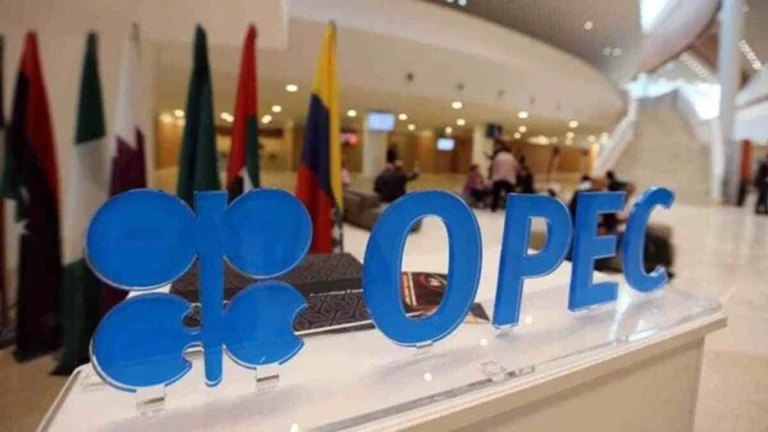OPEC+ Expects to Boost Global Oil Market Share to 52% by 2050

X/ @ntmdotng
July 10, 2025 Hour: 8:41 am
The combined output of the 12 OPEC members and their 10 allied producers is projected to rise to 64.1 million barrels per day.
On Thursday, the Organization of the Petroleum Exporting Countries (OPEC) released “World Oil Outlook 2025” (WOO 2025), an annual report stating that OPEC+ expects to increase its share of the global oil market to 52% by 2050.
RELATED:
Venezuelan VP Rodriguez Criticizes Sanctions on Oil-Producing Nations at OPEC Forum
The combined output of the 12 OPEC member states and their 10 allied producers is projected to rise to 64.1 million barrels per day (mbd) by 2050 — a 30.5% increase compared with 2024.
In the medium term, the group anticipates that rival oil supply will add 5.7 mbd to the market, raising total non-OPEC+ output from 53.3 mbd in 2024 to 59 mbd by 2030.
“The U.S. is expected to drive this growth, contributing 1.4 mbd, or about 25%, followed by Brazil (+1.1 mbd), Qatar and Canada (each +0.5 mbd), Argentina (+0.3 mbd), and others,” OPEC analysts said.
“Shale oil remains the key factor supporting increased U.S. production,” they added, although that output is expected to peak in 2030 before beginning to decline.
Total non-OPEC+ supply is forecast to reach a peak of “just under 60 mbd” in the mid-2030s and remain on a plateau just below that level through 2050.
According to OPEC, long-term growth (through 2050) in oil supply from outside the OPEC+ alliance will stagnate around 59 mbd, as expected increases in countries such as Canada, Brazil, Argentina and several others will be offset by declines in other producing regions.
Founded in 1960, OPEC currently consists of 12 member countries. In 2016, after it became clear that the organization alone could not stop the sharp drop in crude prices that began in 2014 due to the U.S. shale oil boom, OPEC reached an agreement with 10 other oil producers to strengthen its influence.
This expanded group, known as OPEC+, currently maintains several production cuts aimed at supporting oil prices. However, since April, it has begun to partially ease those restrictions in an effort to gradually restore some of the market share it lost with its strategy of limiting output.
OPEC members Venezuela, Iran and Libya are exempt from these commitments due to involuntary limitations on their production caused by various factors, including U.S. sanctions and armed conflicts.
teleSUR/ JF
Source: EFE

